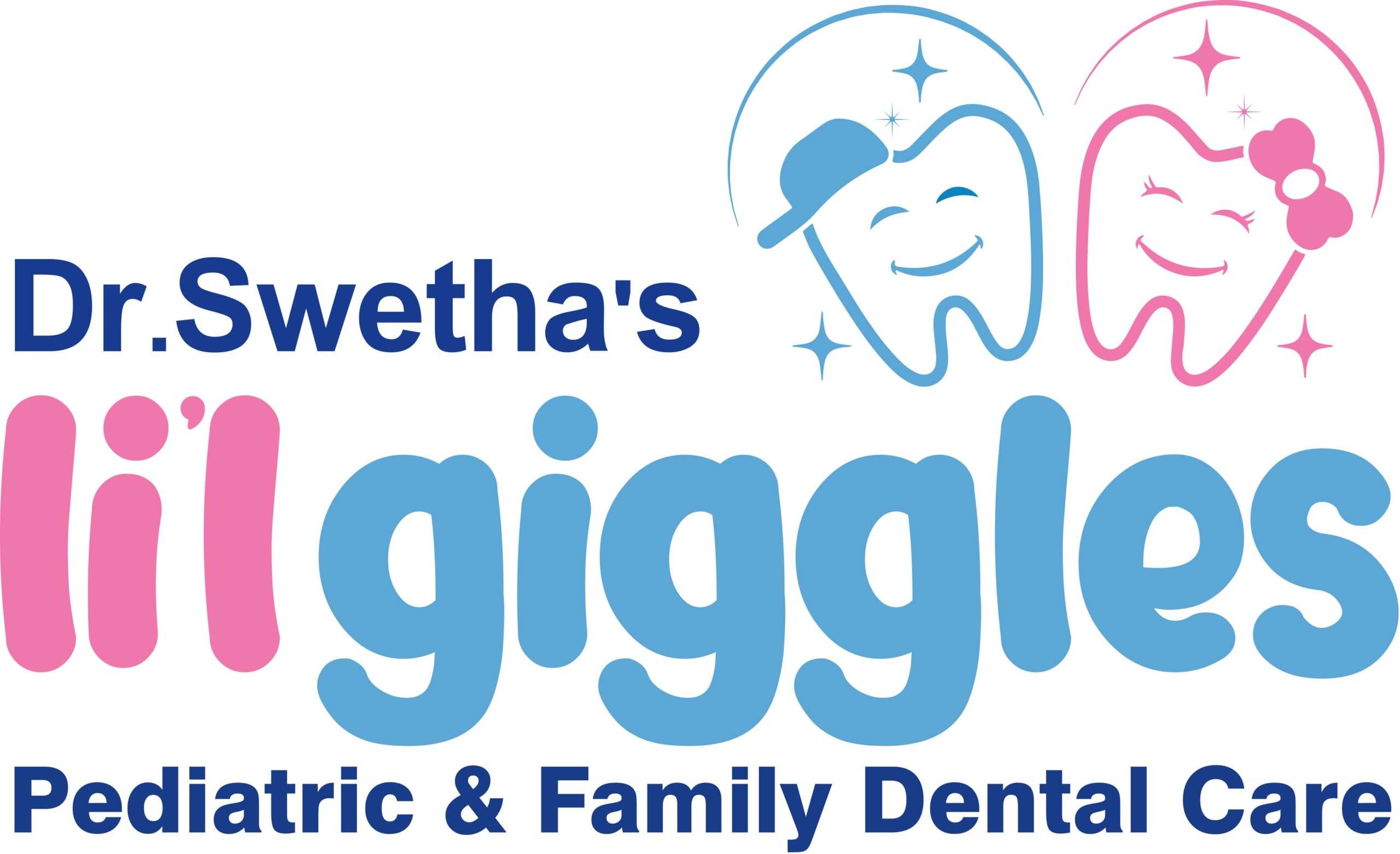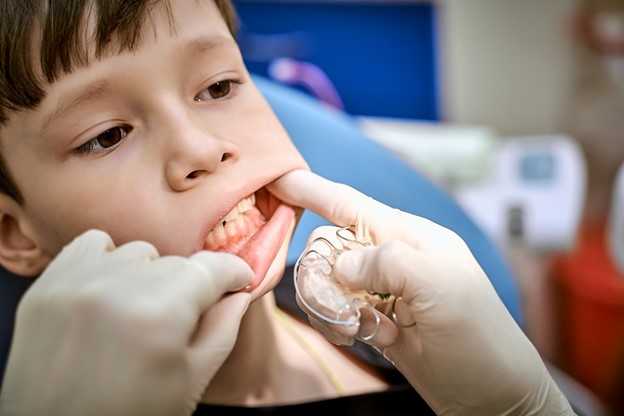Bruxism, also known as teeth grinding, happens when someone grinds or clenches their teeth. Surprising to many, it is quite common among kids. Many parents may not realize their child has it, but understanding bruxism in children is crucial. If ignored, it may lead to problems later on, such as worn-out teeth.
Being aware of the signs and solutions can help prevent these problems. As a parent, you can take steps to address and manage it. This awareness empowers you to protect your child’s dental health now and in the future.
Recognizing Bruxism: Signs and Symptoms Parents Should Be Aware Of
Knowing the symptoms is key. Some symptoms of bruxism in kids include:
- Grinding sounds – Listen for grinding noises while your child sleeps.
- Jaw pain – Your child might complain of a sore jaw.
- Headaches – Frequent headaches can be common and are often overlooked.
- Dental wear – Look for flattened, chipped, or worn-down teeth.
These can affect your child’s behavior during the day. They might feel tired, show signs of stress, or struggle with focus in school. Such issues can affect their overall well-being.
Early detection can prevent severe dental issues down the road. Look out for warning signs so you can take early action. It’s better to address them now than wait for the problems to worsen.
Understanding the Causes: Why Is Bruxism More Common Today?
Several reasons contribute to the prevalence of bruxism in children today.
- Developmental changes: As kids grow, teething or misaligned teeth can lead to grinding.
- Stress and anxiety: The pressures from school, extracurricular activities, or personal stressors can increase grinding.
- Environmental changes: Life changes, like moving to a new house or changes in routine, can trigger bruxism.
- Associated conditions: Some children with ADHD or other conditions experience bruxism as a side effect.
Today, kids face more stress than ever before. School demands, social interactions, and even their screen time can add up, causing this habit. Being aware of these reasons can help you understand why your child might be grinding their teeth.
Effective Solutions and Preventative Measures for Parents
If your child grinds their teeth, some solutions can help.
- Consult a pediatric dentist: A dentist can determine if a bruxism dental guard for kids is needed. This device can prevent teeth damage at night.
- Stress management: Reducing stress can ease grinding. Try these stress-reduction strategies:
- Encourage relaxing activities before bed, like reading.
- Deep breathing exercises can calm bedtime anxiety.
- Lifestyle adjustments: Small changes can make a big difference.
- Set a consistent bedtime routine.
- Limit screen time before bed.
- Encourage active play to tire them naturally.
- Seek professional help: If the effects of bruxism in children persist, it may be time to consult with a specialist or therapist.
Because bruxism in toddlers and older children can be linked to stress or physical triggers, tackling these areas can lead to successful outcomes. An informed approach will support your child now and set the foundation for better health in the future.
By actively supporting your child’s needs and making small changes today, you can ease bruxism’s grip on their daily life. Understanding and addressing this common issue may prevent future dental and health problems, ensuring a brighter smile and well-being as they grow. Consult our expert Dr. Swetha at Little Giggles for personalized advice and care.

